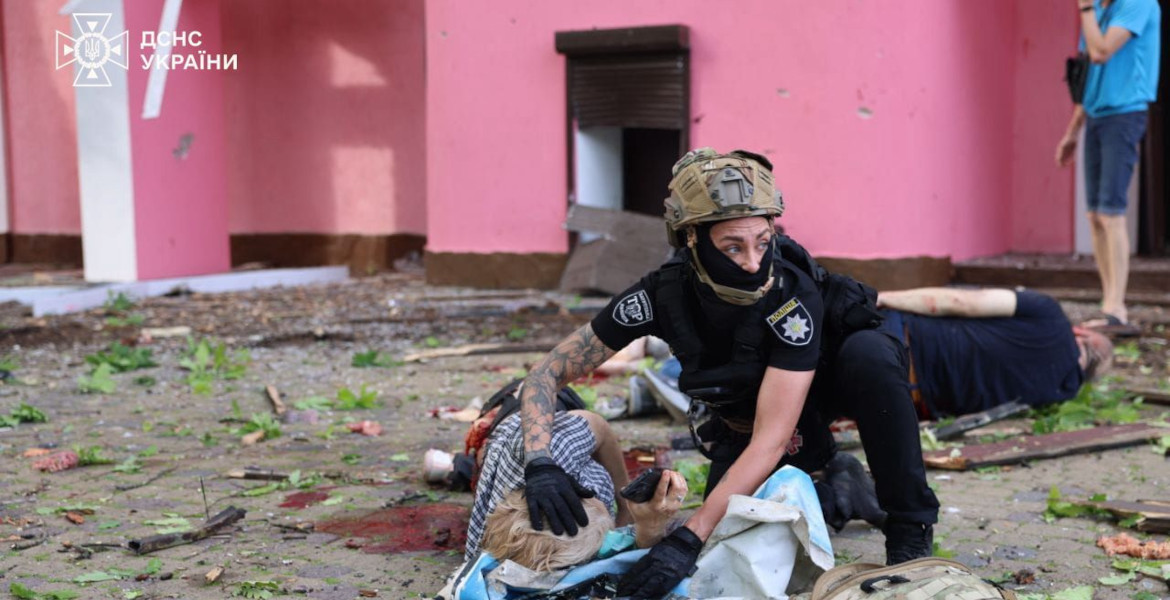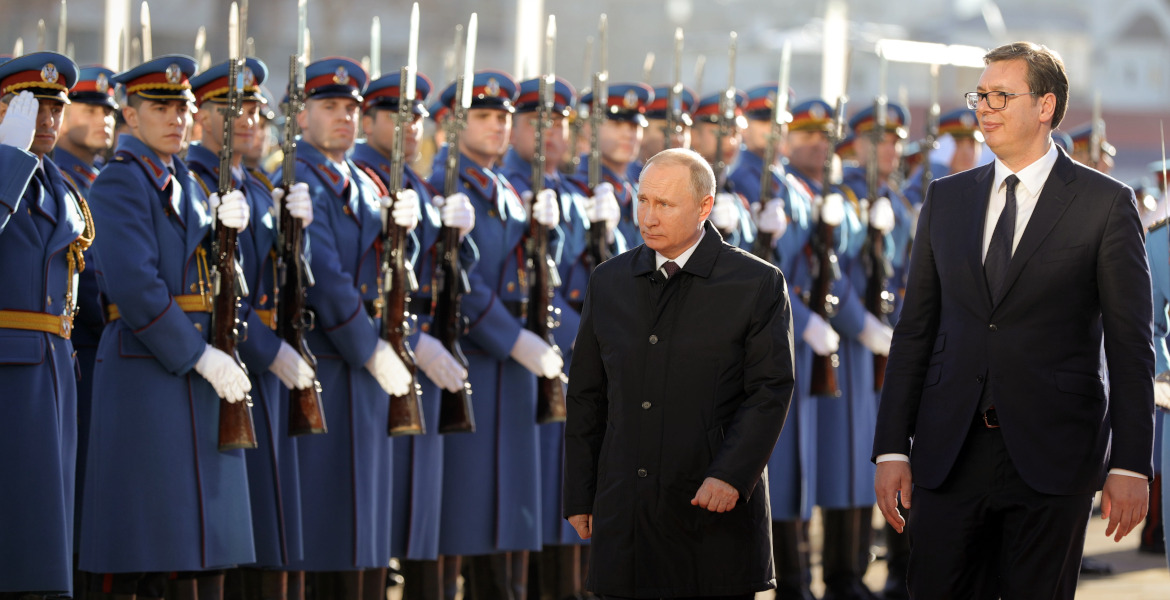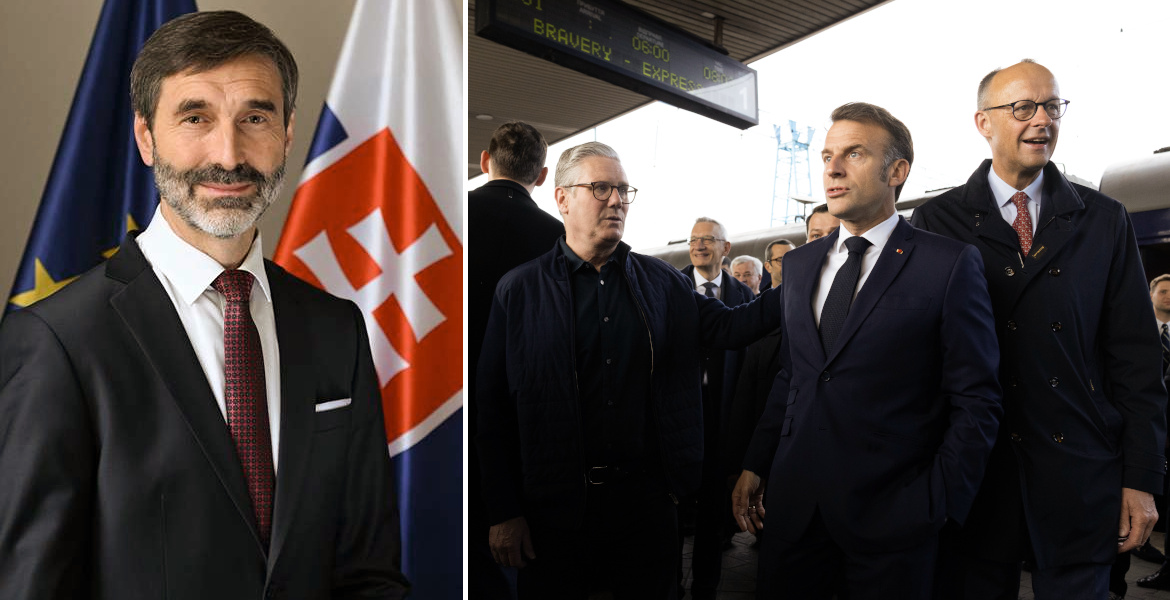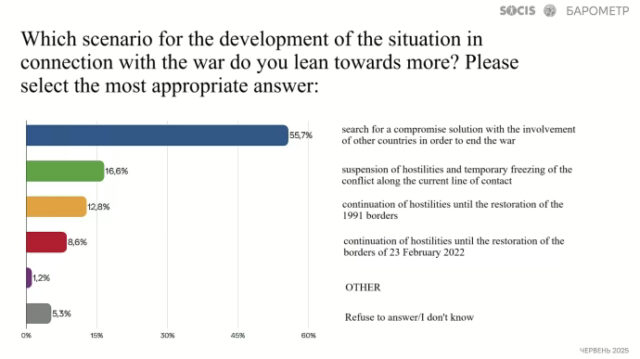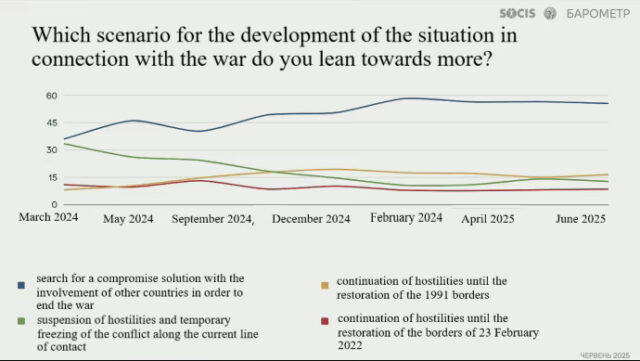Food giant Mondelez, which owns popular brands such as Marabou, O’boy and Daim, has fallen out of favor with the Ukrainian authorities. By not actively boycotting Russia, the Zelenskyi regime argues that Mondelez is also financing Russia’s war, and therefore chooses to blacklist the chocolate manufacturer.
“This company’s three factories continue to operate in Russia, and contributed $61 million in taxes to the terrorist state’s budget in 2022, allowing it to continue to wage war”, Ukraine’s Ministry of Defense thunders on Twitter.
The Mondelez International factory in Trostyanets after russian occupation.
But at the same time, this company's three factories continue to operate in russia, and contributed $61 million in taxes to the terrorist state's budget in 2022, allowing it to continue to wage war. pic.twitter.com/GSsqG2zX5Y— Defense of Ukraine (@DefenceU) May 26, 2023
As always, Swedish “experts” quickly adopted the rhetoric of the Ukrainian government. Torbjörn Becker of the Stockholm School of Economics claims that “there are probably many Swedish consumers who feel that they cannot buy Marabou on Friday night now”.
Jakob Hedenskog, analyst at the Center for Eastern European Studies at the Swedish Institute of International Affairs, goes even further and writes in a text message to Swedish news agency TT that Mondelez, by being on the Russian market, contributes to Ukraine’s destruction.
“They have three factories there, and through manufacturing in Russia, they contribute taxes to the Russian treasury. Since Russia is a war economy, the money goes in one way or another to finance Russia’s warfare in Ukraine with the ultimate goal of destroying Ukraine as a state and nation.”
Mondelez itself points out that it sells chocolate and biscuits in Russia and considers that it is providing basic products for ordinary Russians – rather than the Russian military. He denies that the company is in any way contributing to the war. Last year it employed 3000 people in Russia and has no plans to boycott Russia for political reasons and leave the country in a hurry, like many other major Western companies.
It can also be noted that following the blacklisting of Mondelez by Ukraine, the establishment media has published a number of articles stating that ‘customers are now raging‘ against the company and have decided to join the boycott. Whether this is actually a popular boycott or agenda-setting journalism aimed at pressuring Mondelez to close down its operations in Russia is not immediately clear.
It is also worth mentioning that after a similar campaign of pressure and threats of boycott, liquor giant Pernod Ricard recently decided to stop exporting to Russia.


